|
Kangning Zhang I'm a first-year Ph.D. student at the APEX Lab, Shanghai Jiaotong University, advised by Prof. YongYu and Prof. Weinan Zhang . I obtained my bachelor's degree from Shanghai Jiaotong University. |

|
Intership
Xiao Hong Shu |
|
Shanghai Qi Zhi Institute Duration: October 2023 - April 2024 Description: During the internship, I am delighted to cooperate with Gu Zhang and Yanjie Ze, advised by Prof. Huazhe Xu, focusing in Robotics Learning . |
PublicationI'm interested in Data Mining, Recommendation and Robotics. |
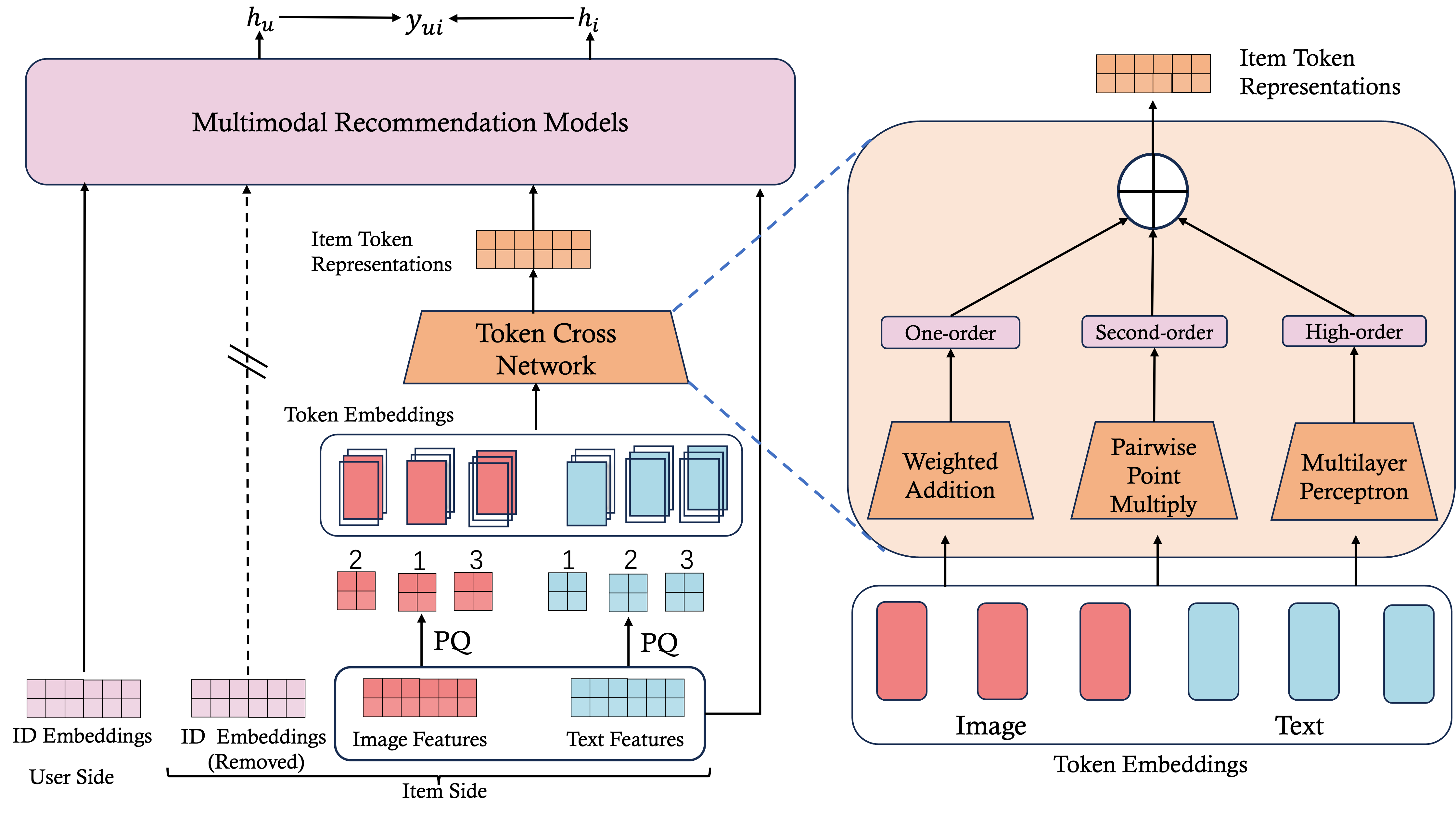
|
Learning ID-free Item Representation with Token Crossing for Multimodal Recommendation
Kangning Zhang, Jiarui Jin Yingjie Qin, Ruilong Su, Jianghao Lin, Weinan Zhang Yong Yu arxiv In this paper, we propose an ID-free Multimodal Token Representation scheme named MOTOR that representations each item using learnable multimodal tokens and utilizes a Token Cross Network to capture the implicit interaction patterns between these tokens. |
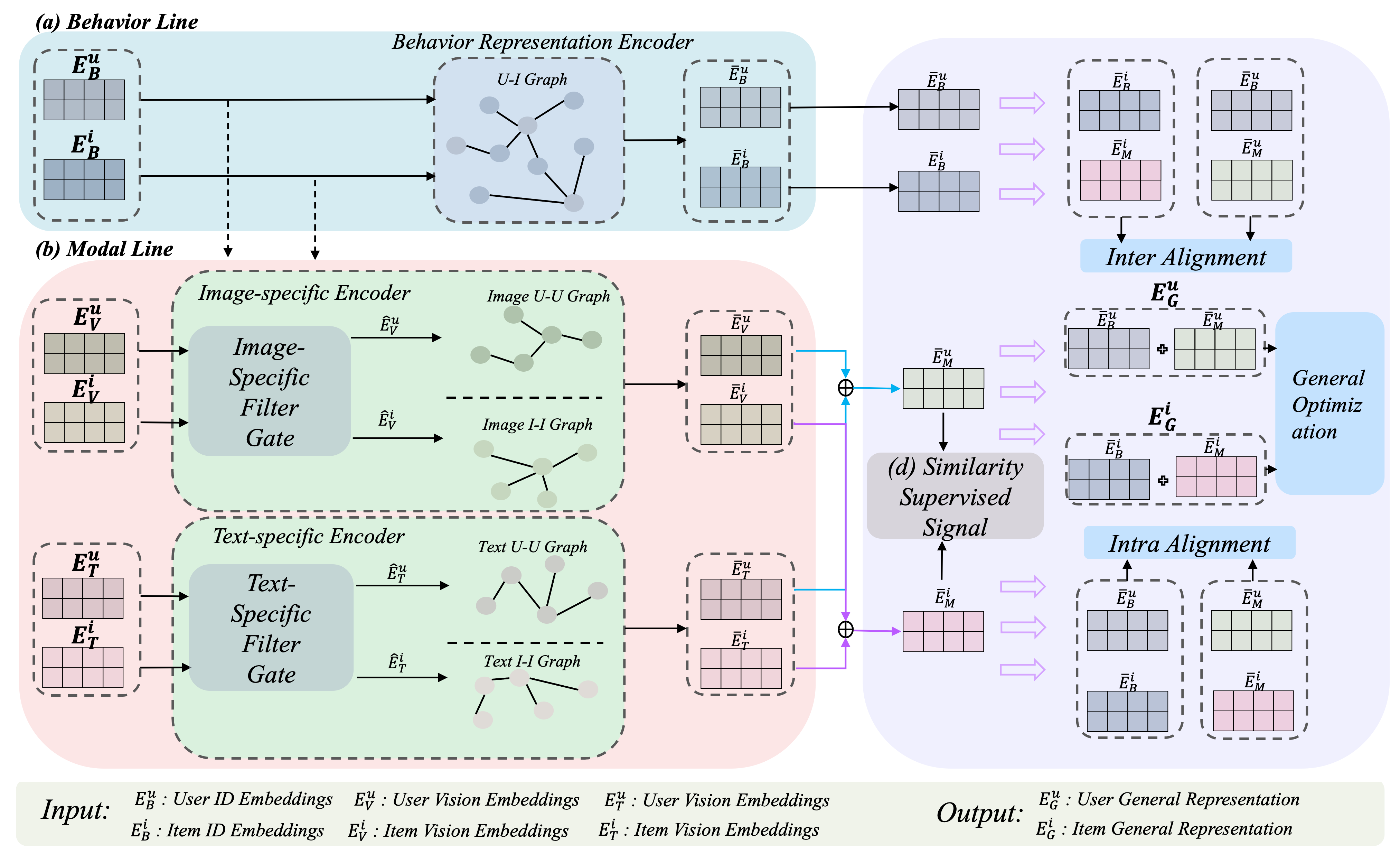
|
DREAM: A Dual Representation Learning Model for Multimodal Recommendation
Kangning Zhang, Yingjie Qin, Ruilong Su, Yifan Liu Jiarui Jin, Weinan Zhang Yong Yu arxiv In this paper, we propose a novel Dual Representation learning framework called DREAM, denoting to integrate behavioral and multimodal information through separate dual lines and address the issue of Modal Information Forgetting. |
|
3D Diffusion Policy
Yanjie Ze*, Gu Zhang*, Kangning Zhang, Chenyuan Hu, Muhan Wang, Huazhe Xu Acceptted by Robotics: Science and System (RSS), 2024 project / arxiv / code We present 3D Diffusion Policy (DP3), a novel visual imitation learning approach that incorporates the power of 3D visual representations into diffusion policies. |
|
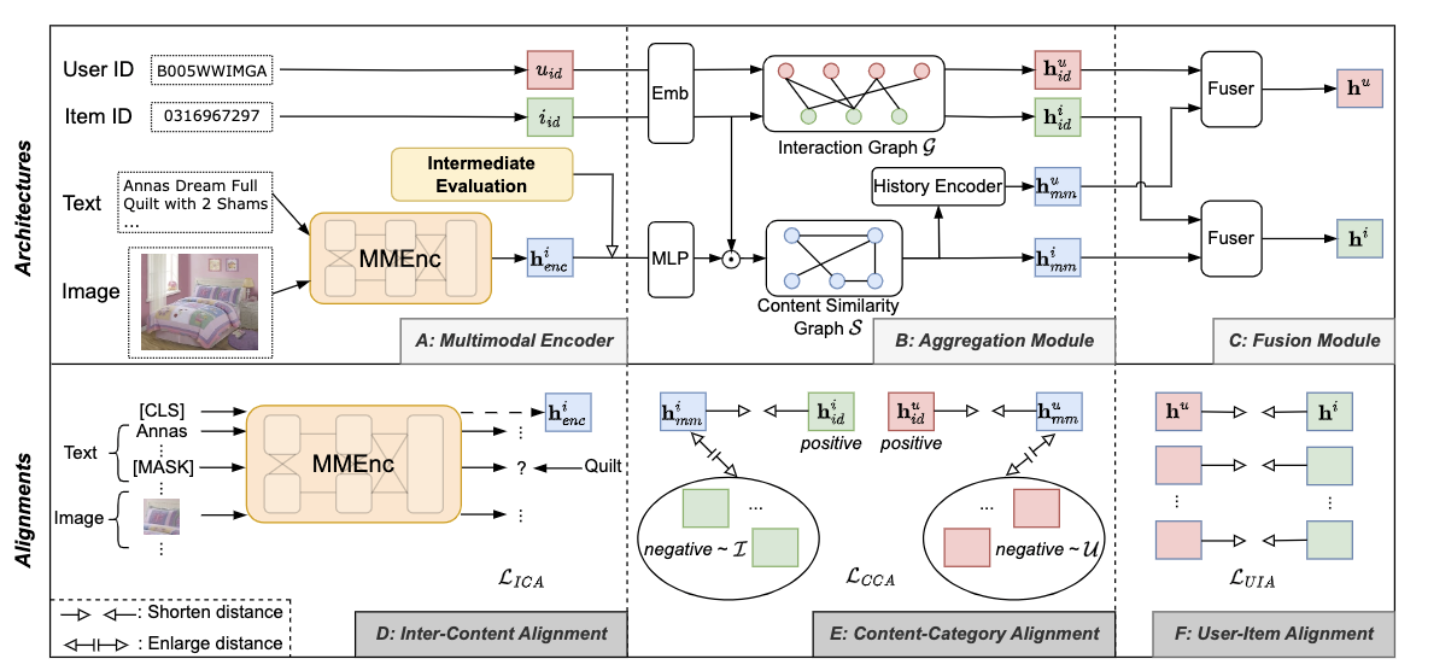
|
An Aligning and Training Framework for Multimodal Recommendations
Yifan Liu*, Kangning Zhang*, Xiangyuan Ren, Yanhua Huang, Jiarui Jin Yinjie Qin, Ruilong Su, Ruiwen Xu, Weinan Zhang Acceptted by International Conference on Information and Knowledge Managemen(CIKM), 2024 arxiv / code In this paper, we first systematically investigate the misalignment issue in multimodal recommendations, and propose a solution named AlignRec. We also find that the multimodal features generated by AlignRec are better than currently used ones. |
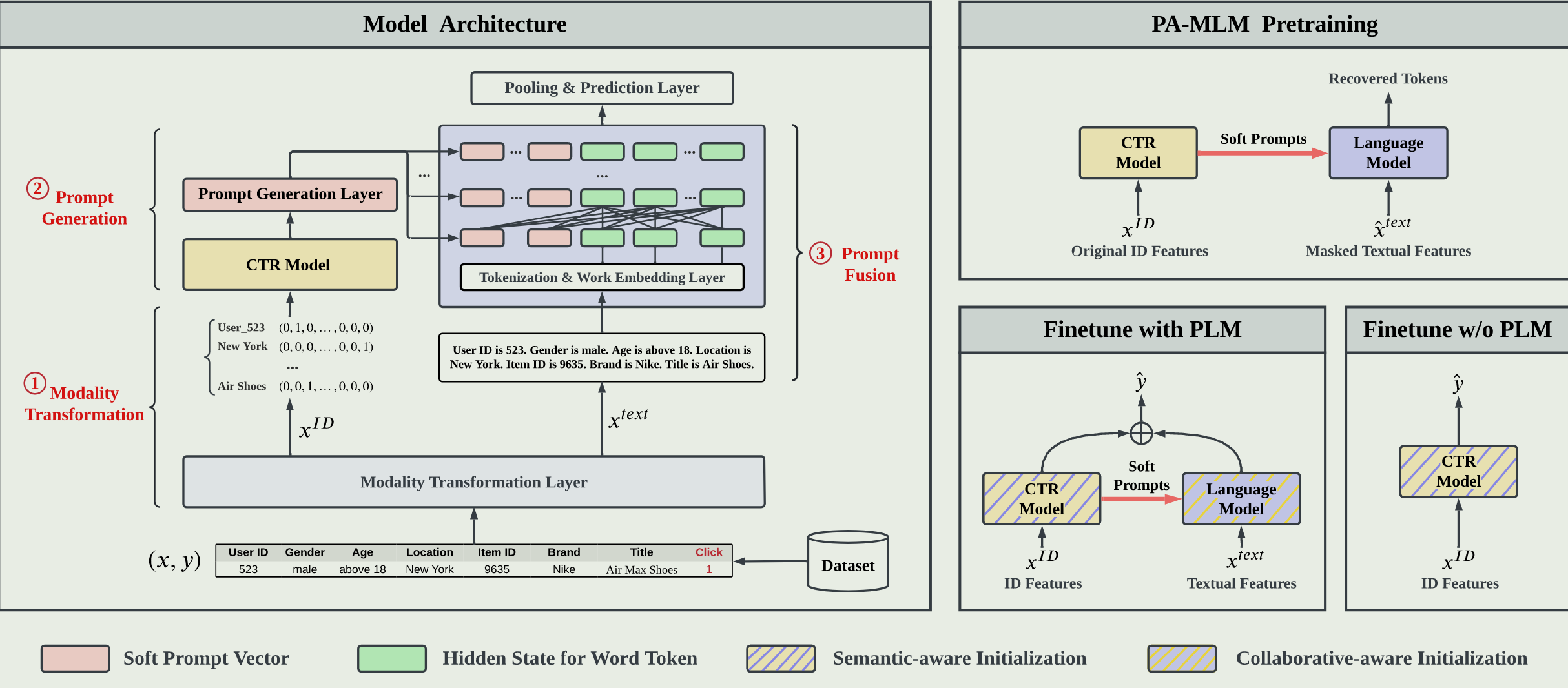
|
ClickPrompt: CTR Models are Strong Prompt Generators for Adapting Language Models to CTR Prediction
Jianghao Lin, Bo Chen, Hangyu Wang, Yunjia Xi, Yanru Qu Xinyi Dai, Kangning Zhang, Ruiming Tang, Yong Yu, Weinan Zhang Acceptted by The Web Conference (WWW), 2024 arxiv / code In this paper, we introduce ClickPrompt, aiming to model both the semantic knowledge and collaborative knowledge for accurate CTR estimation, and meanwhile address the inference inefficiency issue. |
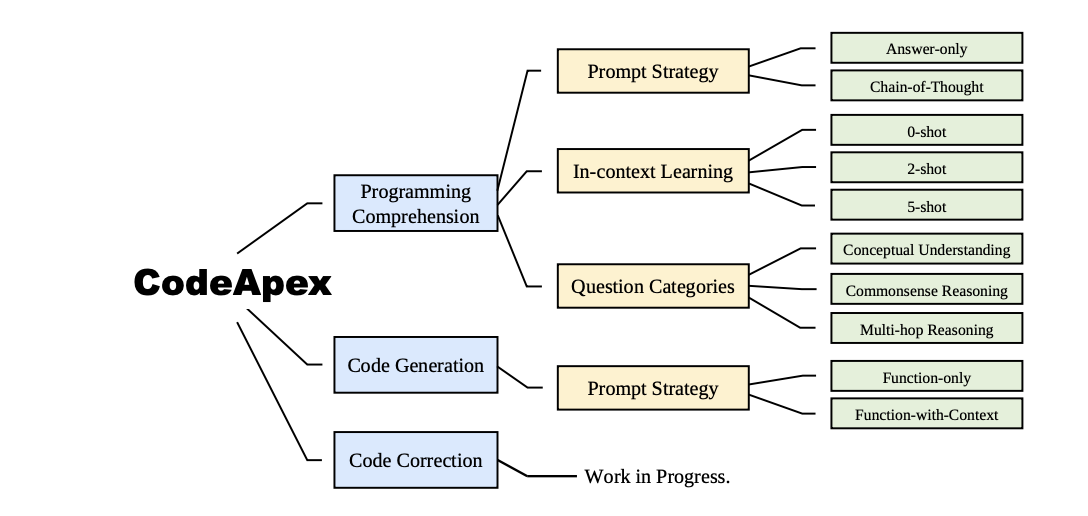
|
CodeApex: A Bilingual Programming Evaluation
Benchmark for Large Language Models
Lingyue Fu, Huacan Chai, Shuang Luo, Kounianhua Du, Weiming Zhang Longteng Fan, Jiayi Lei, Renting Rui, Jianghao Lin, Yuchen Fang, Yifan Liu, Jingkuan Wang, Siyuan Qi, Kangning Zhang, Weinan Zhang, Yong Yu arxiv / code In this paper, we propose CodeApex, a bilingual benchmark dataset focusing on the programming comprehension and code generation abilities of LLMs. |
Visitors |